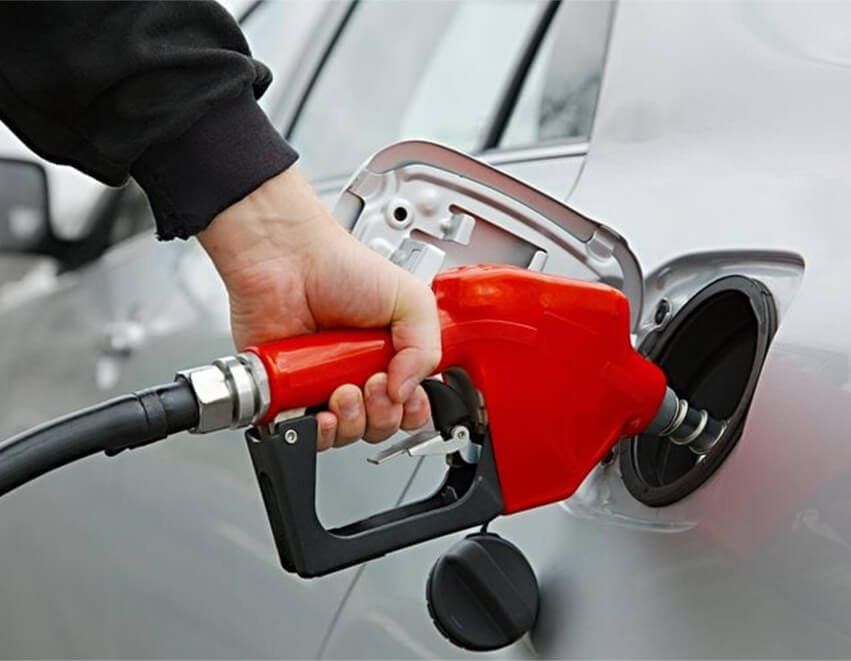Diesel fuel filtration systems are crucial for maintaining engine performance and longevity. By removing contaminants like solid particles and water, these systems prevent engine damage and ensure smooth operation.
For diesel vehicles and equipment, keeping contaminants out of the fuel supply is absolutely critical. That’s where diesel fuel filtration systems come into play. They are important for several reasons, such as:
But what exactly are these components and how do they work to keep your engine running smoothly? Let’s take a look under the hood.
Unlike gasoline engines, diesel power plants are specifically designed to run on less-refined fuel that contains more impurities. However, that dirtier diesel fuel can still wreak havoc if too many contaminants make it into the system.
Solid particulates like dirt, rust, or sediments can rapidly wear down fuel pumps and injectors. Water in the fuel can cause rusting corrosion and even lead to engine hydro-lock. And bacterial microbes sometimes find their way into tanks, releasing sludgy byproducts.
That’s where diesel fuel filters come into play – providing a robust barrier against all those potential contaminants before they reach sensitive engine components.
Most diesel fuel systems use a two-stage filtration approach with primary and secondary filter units. The primary filter handles the bulk of contaminant removal from fuel coming straight out of the tank.
This primary stage uses densely-packed filter media to catch particulate matter down to around 10 microns in size or smaller. Many also incorporate water separation membranes that cause any moisture contamination to coalesce into large droplets that get drained off.
From there, the partially filtered fuel moves on to the secondary stage. The secondary filter media has even tighter porosities down into the 2-5 micron range. This finer filter provides the final polish before the diesel reaches the injection system.
While basic filter designs rely on cellulose-based paper media, premium units often use synthetic microfiber materials as well. This allows for higher dirt-holding capacities and captures tinier contaminants.
Eventually though, every filter will become clogged and require replacement. That’s why recommended service intervals are so important to follow for both primary and secondary units. Using quality OEM filters is also crucial, as subpar aftermarkets may not meet the same tight standards.
For extreme operating conditions like mines or quarries, advanced systems add even more filters. Final barrier units just before fuel injectors catch any last microscopic debris. These require less frequent maintenance but are still essential.
Fuel contamination is public enemy #1 for any diesel engine. It’s what these comprehensive multi-stage filtration setups are designed to defeat and prevent costly related failures or premature wear.
At the same time, filters themselves are periodic maintenance items in desperate need of changing according to schedule. Neglecting this service is just asking for trouble down the road when they inevitably clog up.
If you are looking for a high-quality diesel fuel filtration system, partner up with Aocheng Group to the best products possible!




